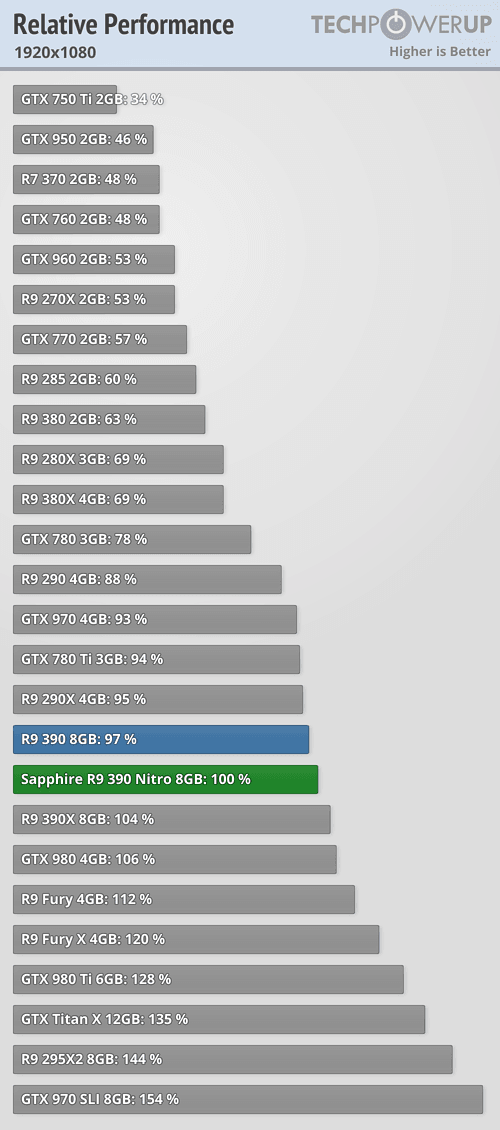- Jul 28, 2004
- 2,618
- 5
- 81
I'm looking for a decent budget card for <$150. I root for the red team and have always assumed the underdog would give the most bang for buck considering they need to put the extra initiative and edge into staying competitive, especially in the midrange.
In which case, when looking at specs, I thought it would be pretty clearcut that the R7 370 would wipe the floor with the GTX 950 considering the memory bandwidth of the R7 is nearly double, but in every benchmark I've seen, the GTX 950 is near 10 - 20 % faster in the real world.
I don't understand how this is possible as the GTX 950 has a gimped 128-bit memory bus. Can anyone shed some light on this? I understand the R7 370 is basically just a 7870 but is the architecture so old that its brute numbers fall wayside?


Source: http://techreport.com/review/29061/nvidia-geforce-gtx-950-graphics-card-reviewed
In which case, when looking at specs, I thought it would be pretty clearcut that the R7 370 would wipe the floor with the GTX 950 considering the memory bandwidth of the R7 is nearly double, but in every benchmark I've seen, the GTX 950 is near 10 - 20 % faster in the real world.
I don't understand how this is possible as the GTX 950 has a gimped 128-bit memory bus. Can anyone shed some light on this? I understand the R7 370 is basically just a 7870 but is the architecture so old that its brute numbers fall wayside?


Source: http://techreport.com/review/29061/nvidia-geforce-gtx-950-graphics-card-reviewed



